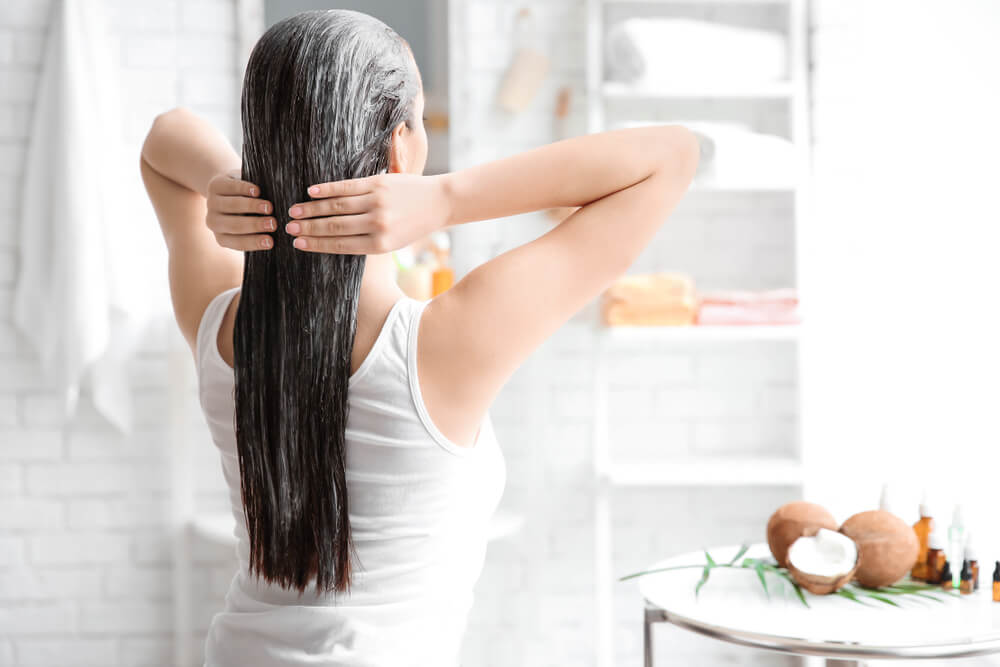Physical Address
304 North Cardinal St.
Dorchester Center, MA 02124
Physical Address
304 North Cardinal St.
Dorchester Center, MA 02124

Hair care is an essential part of our daily routine, and there are several products available in the market that promise to keep our hair healthy and beautiful. One of these products is a hair mask, which is known to improve hair texture, prevent breakage, and add shine. However, many people are unsure about when to apply a hair mask and how often. In this article, we will discuss everything you need to know about applying a hair mask.
A hair mask is a deep conditioning treatment for hair that is applied after shampooing. Hair masks are formulated to nourish, moisturize and repair hair. They are usually left on the hair for a few minutes to an hour before rinsing off. Hair masks come in different forms, such as cream, gel, and oil, and contain various ingredients that target specific hair concerns.
Using a hair mask has several benefits, including:
There are different types of hair masks available in the market, and each type is formulated for specific hair concerns. Here are some of the most common types of hair masks:
The frequency of using a hair mask depends on your hair type and the condition of your hair. If you have dry and damaged hair, you can use a hair mask once a week. If you have oily hair, you can use a hair mask once every two weeks. However, it is essential not to overuse a hair mask as it can weigh down your hair and make it greasy.
The best time to apply a hair mask is after shampooing. Shampooing opens up the hair cuticles, allowing the hair mask to penetrate deeply into the hair shaft. It is also essential to towel-dry your hair before applying a hair mask as excess water can dilute the mask’s effectiveness.
Here are the steps to apply a hair mask:
Here are some tips for using hair masks:
Hair masks contain various ingredients that provide different benefits to your hair. Here are some ingredients to look for in a hair mask:
You can also make your own hair masks using natural ingredients that are available in your kitchen. Here are some DIY hair mask recipes:
While using a hair mask is generally safe, there are some precautions you should take:
In conclusion, a hair mask is an excellent way to nourish and repair your hair. The frequency of using a hair mask depends on your hair type and condition. You should apply a hair mask after shampooing and leave it on for the recommended time. You can also make your own hair masks using natural ingredients that are available in your kitchen. However, you should take precautions while using a hair mask to avoid any adverse effects.
Can I leave a hair mask on overnight?
It is not recommended to leave a hair mask on overnight as it can weigh down your hair and make it greasy.
Can I use a hair mask every day?
No, you should not use a hair mask every day as it can weigh down your hair and make it greasy.
Can I apply a hair mask to my scalp?
No, you should avoid applying a hair mask to your scalp as it can cause buildup and make your hair greasy.